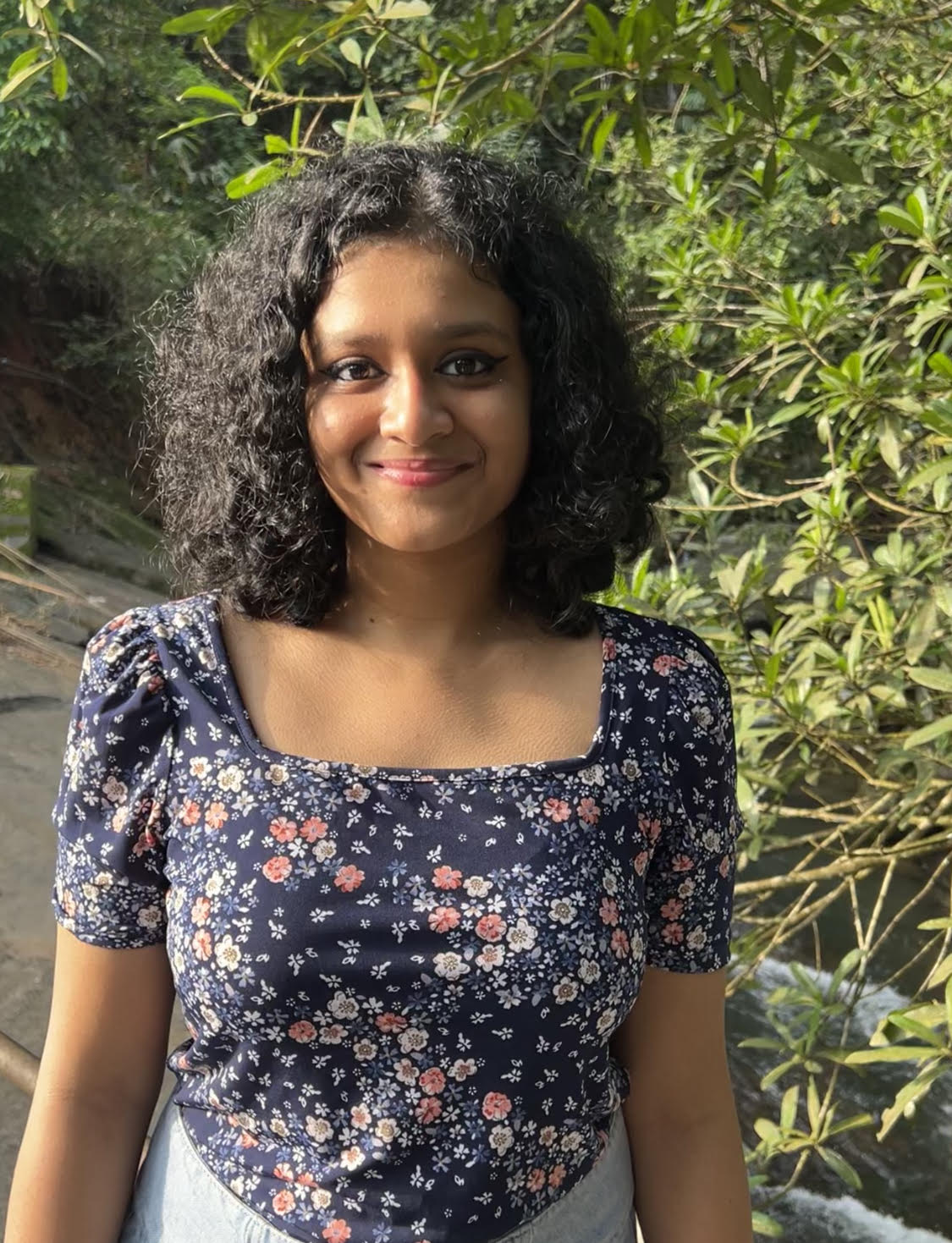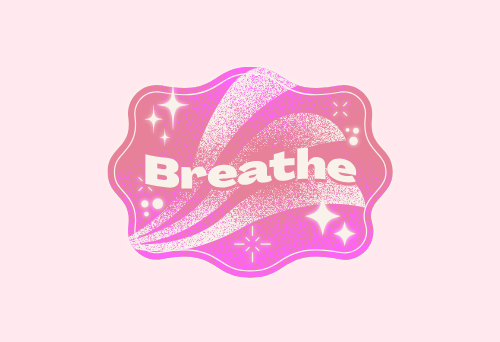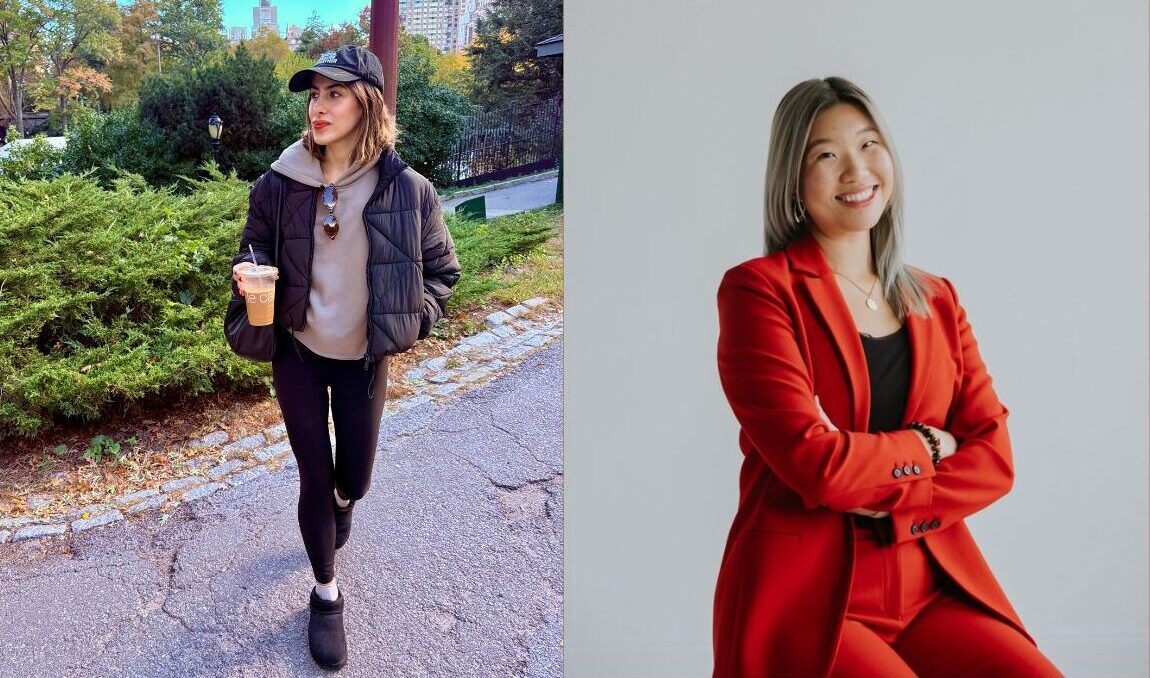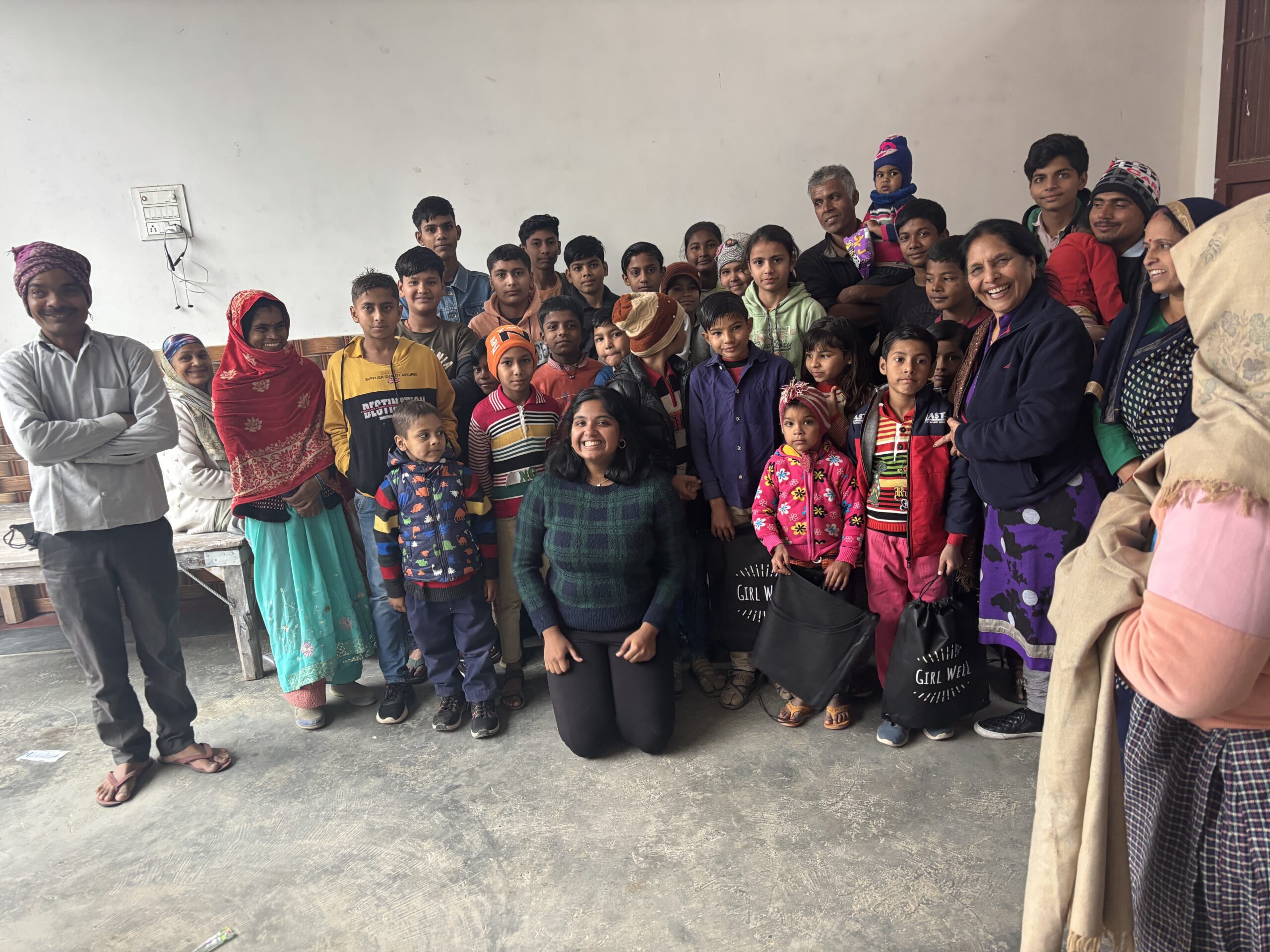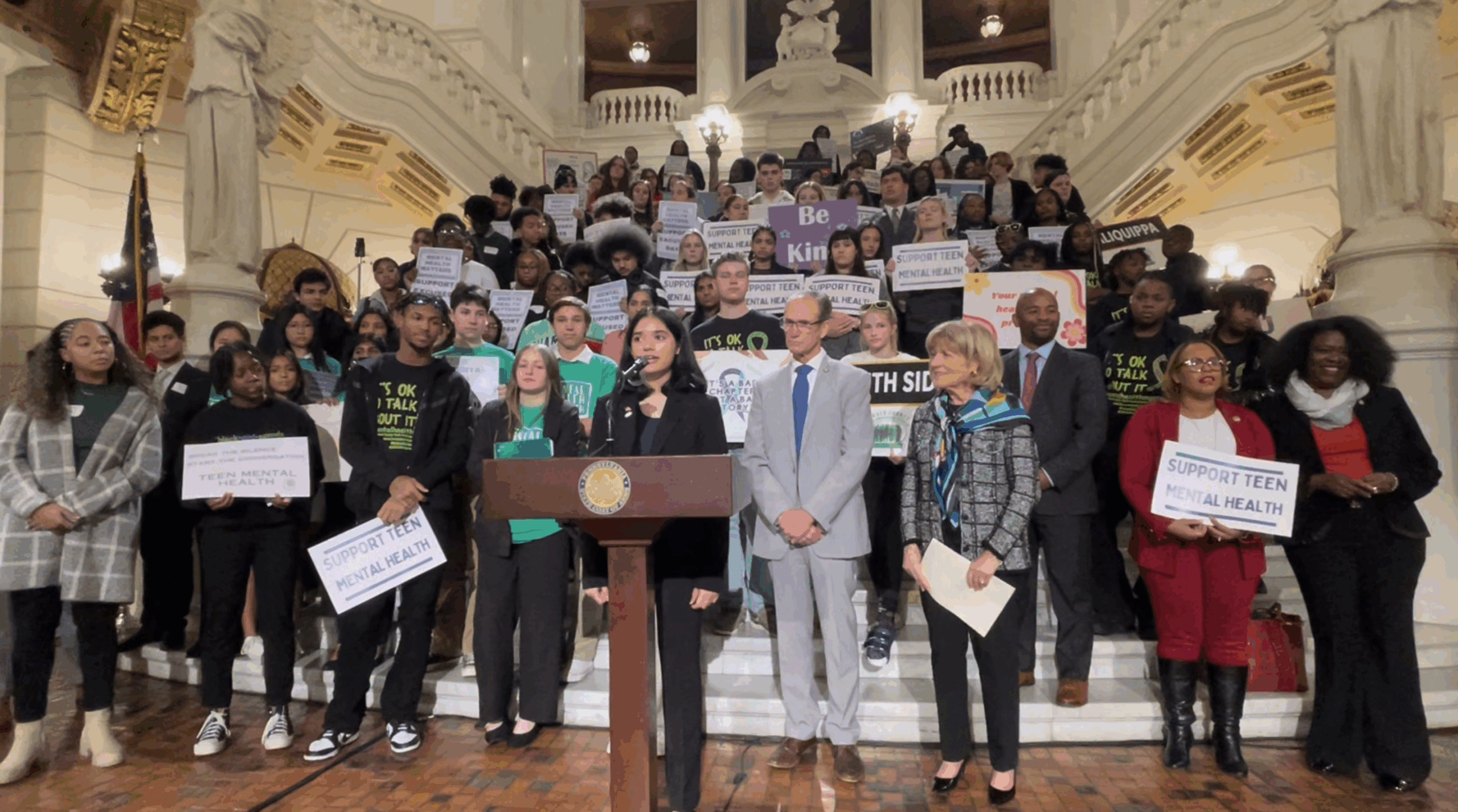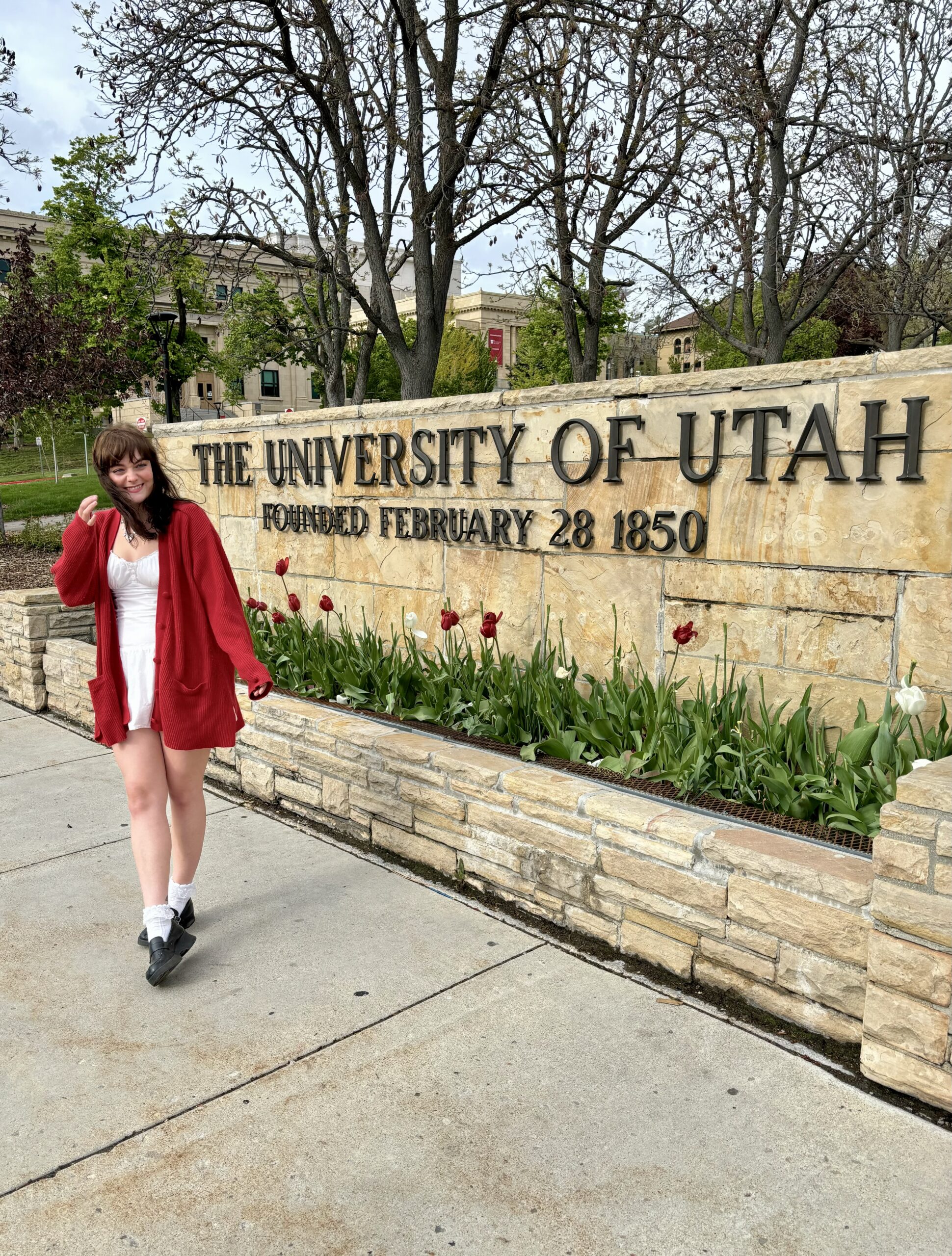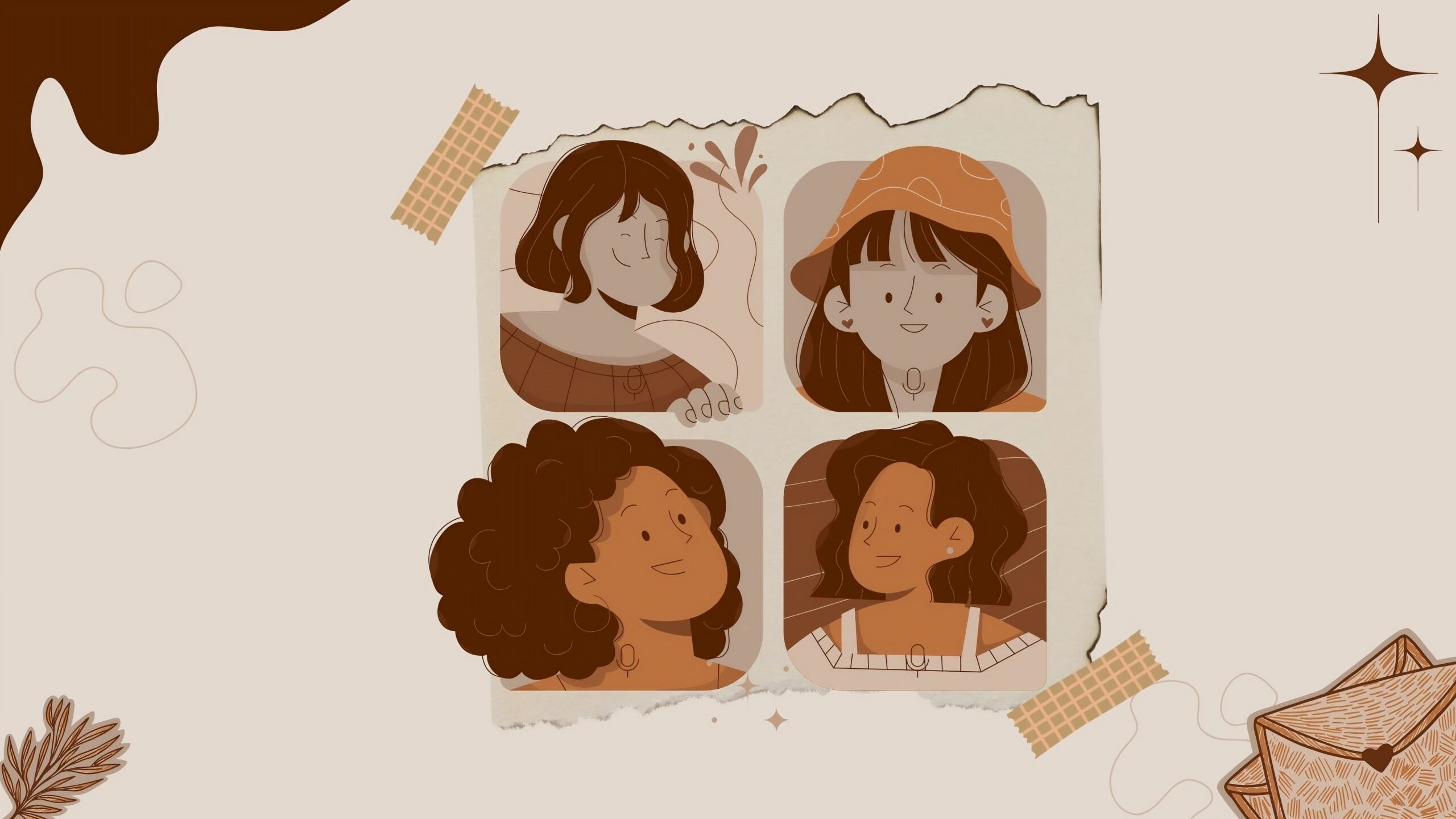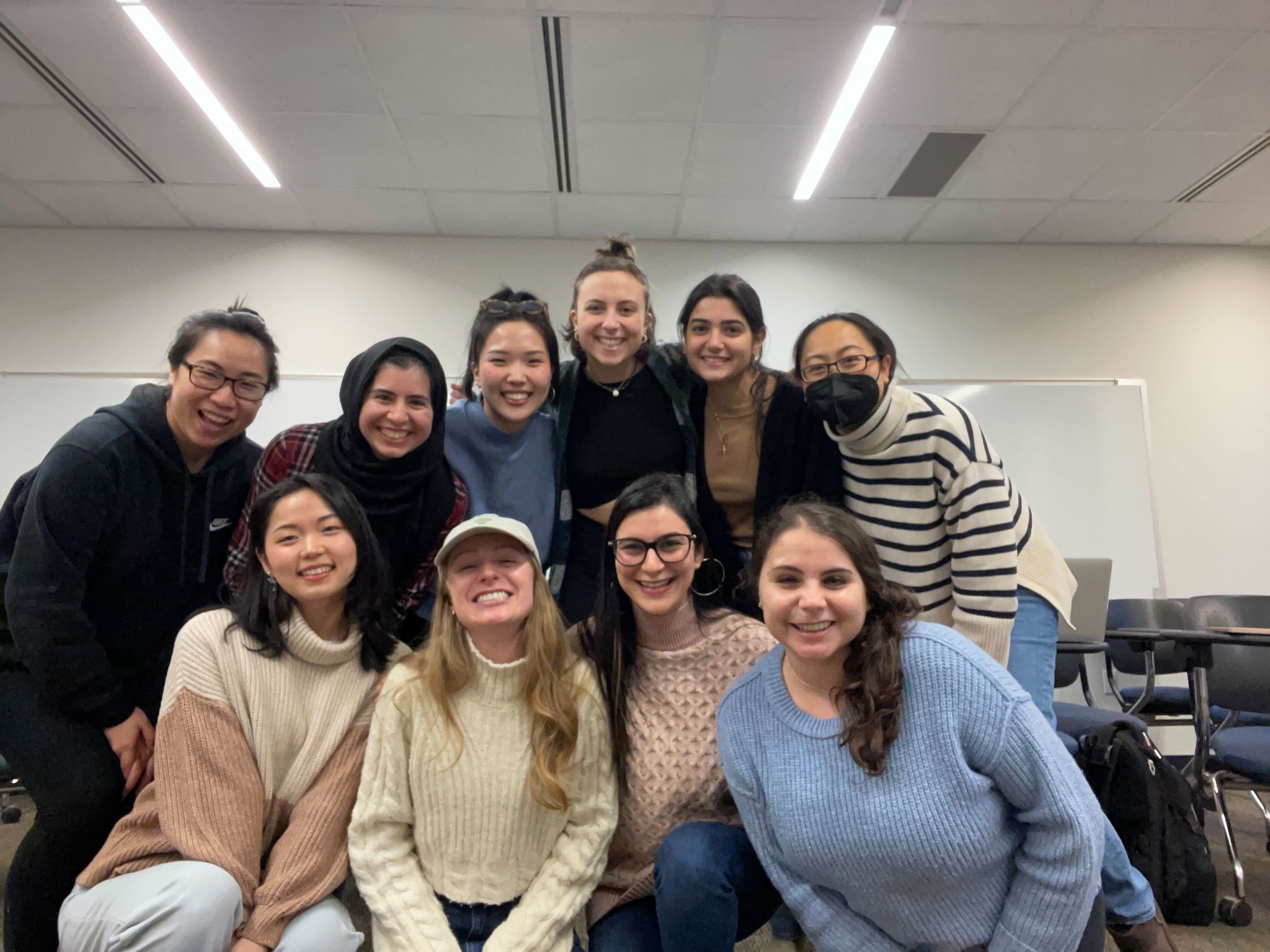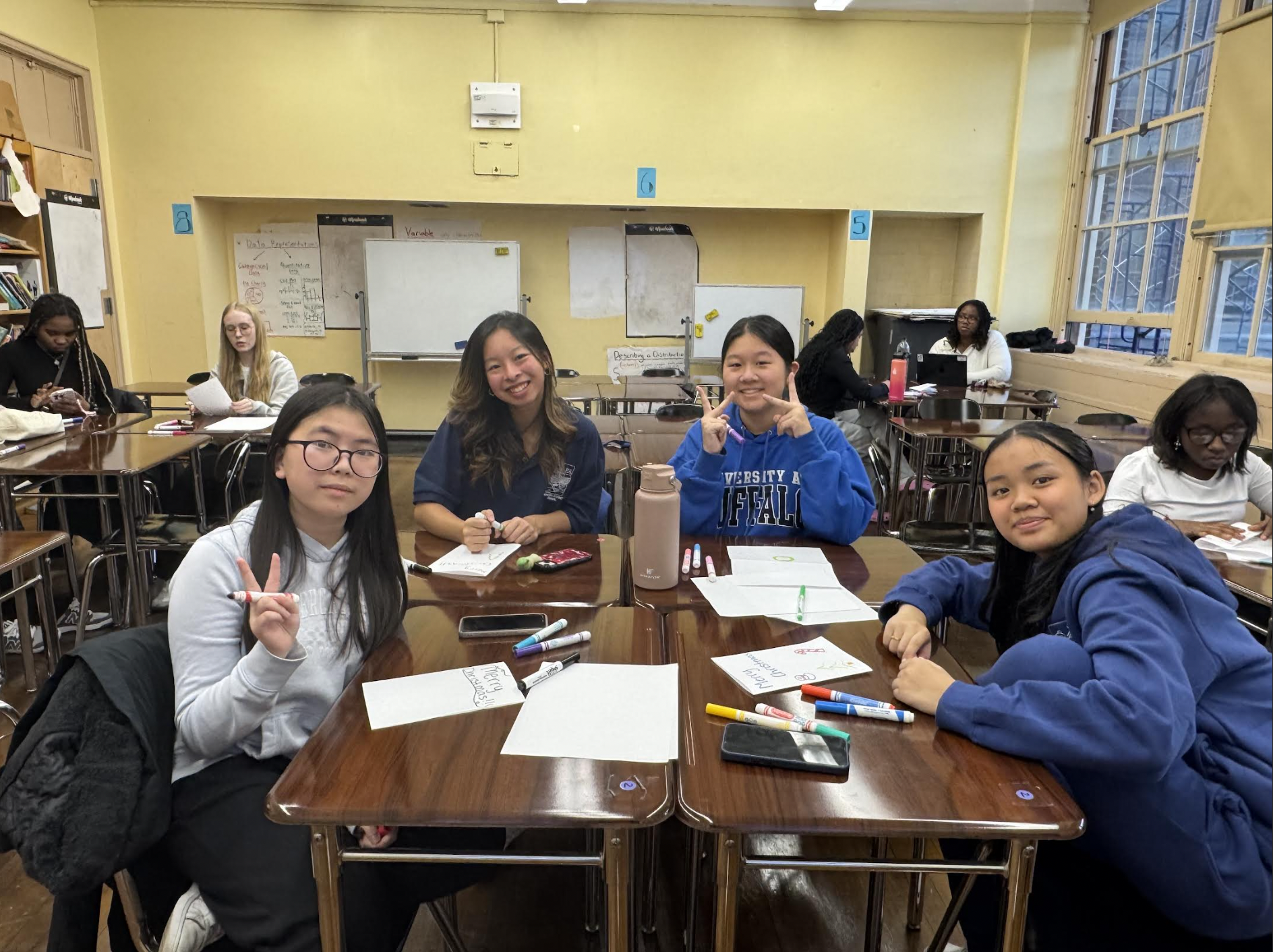*Content Warning: This story contains descriptions of a car accident and its aftermath, including discussion of trauma and mental health struggles. If you or someone you know is struggling with trauma, please reach out the 988 Suicide and Crisis Lifeline to call, chat, or text for support.
I had seen many car accidents in movies and had always felt them to be exaggerated portrayals. Unfortunately, I had the distinct displeasure of finding out that they weren’t.
At around 1am on the roads of Kerala, India, a truck crashed into a car carrying my uncle, aunt, cousin, and I. The impact caused the car to spin out of the road before grinding to a halt in front of, miraculously, a hospital. There’s very little I remember; my memory seems to evade all evidence of the incident. All I actively recall is being cut off mid-sentence, my uncle’s hands in the air and a prayer for my parents and sister at home. Everything else we pieced together from my injuries, which were thankfully minor. Because I was sitting in the backseat of the car, I wasn’t wearing my seatbelt, causing me to fall onto the car floor, black out and sustain injuries on my chin and tongue.
When I was finally pulled out of the backseat, a sensory overload washed over me. Seeing the car completely totaled. Feeling blood bubbling inside my mouth. Hearing the hospital security guard — who had witnessed the accident — say, “You’re all very lucky. This could’ve been a lot worse” (and incidentally, not feeling very lucky). The cold, efficient hubbub of the hospital. The ringing in my ears. And the rain, which made the debris on the road a distant memory.
On paper, we were, indeed, lucky: we survived with only a few bruises and scratches, nothing compared to what could have been. But inside, some of the wreckage remained.
In the few days after, traveling in a car was incredibly difficult. The slightest uptick in speed had me feeling anxious. Every honk felt like a threat, every brake light a warning.
The hardest part was that no one could see it. The mental trauma isn’t a visible injury, and I believe that’s what makes it so stigmatized. But I actively began speaking about it and reaching out to the people I loved, who reached right back.
The accident changed me, but not just in fearful ways. It gave me a sharper awareness of life’s fragility, and in a strange way, a deeper gratitude for the ordinary: waking up in my bed, walking under the sun, hearing my mother laugh across the kitchen. I realized how much I had taken for granted before, how easy it is to rush through life without noticing its texture.
I am supposed to be getting my driver’s license next summer, and this accident has certainly been a setback. I’d be lying if I said there aren’t moments when I have visualized myself driving, only to end in a horrible crash or fall. But the reminder that life can be taken away so quickly has also come with the realization that I don’t have to force myself to do anything. Baby steps work too.
I look forward to driving down the highway, blasting my 80s rock music and happily singing along.




